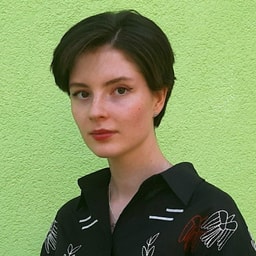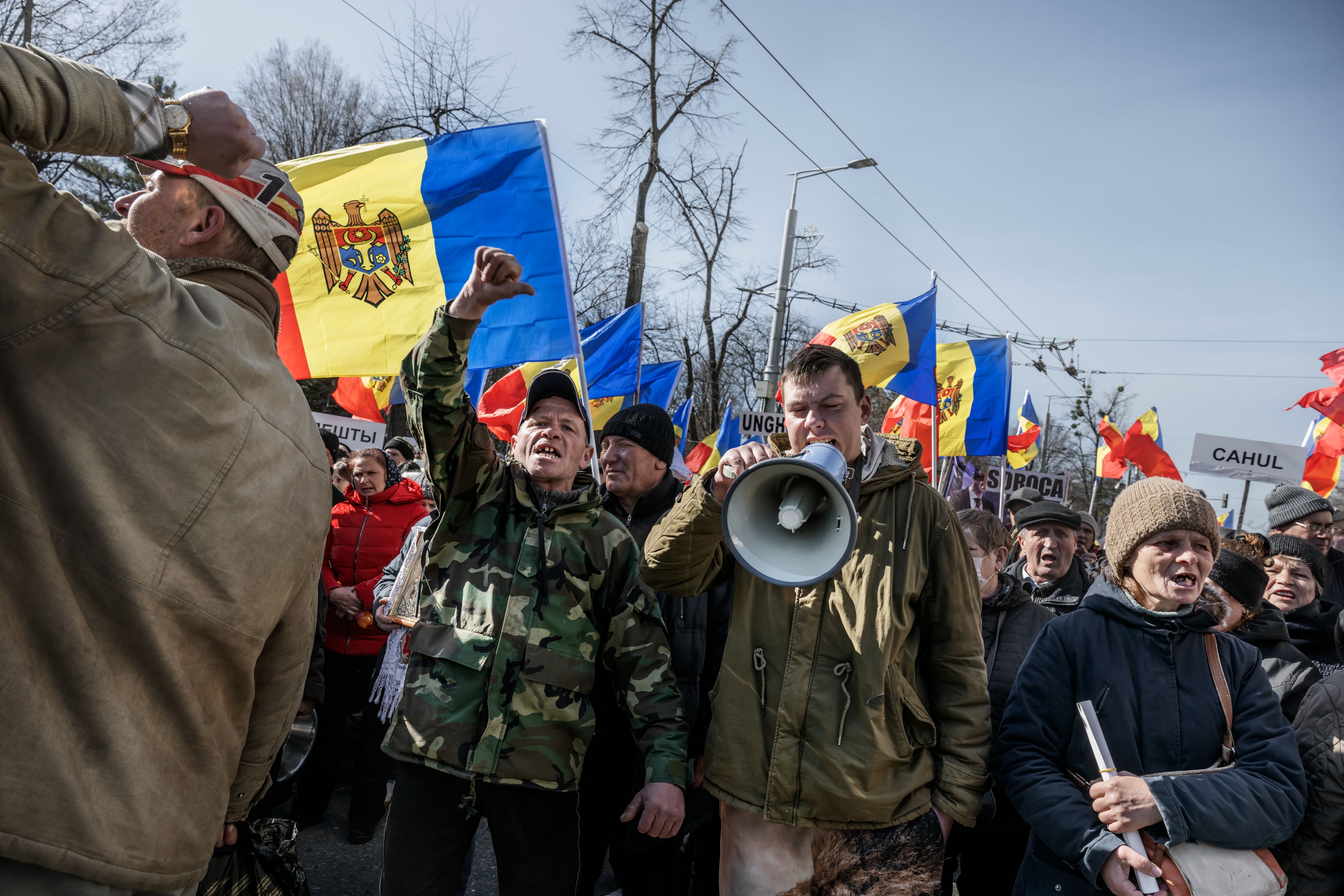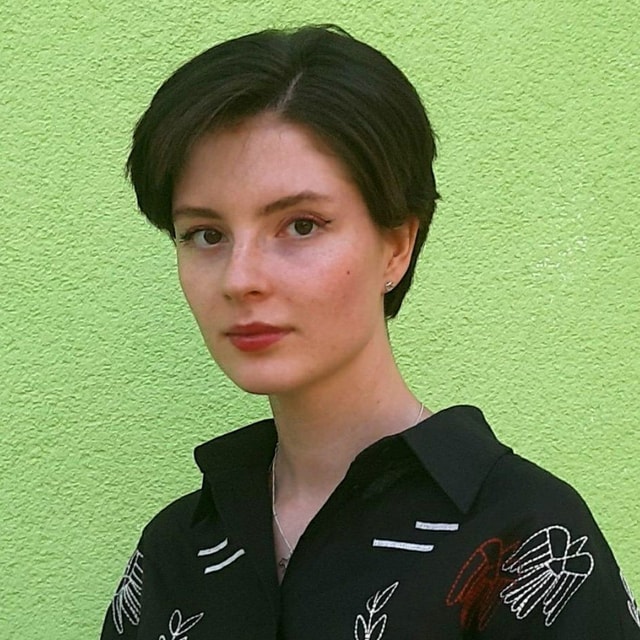Moldova's Constitutional Court banned the pro-Russian Shor party, headed by exiled businessman Ilan Shor who is accused by the West and the government of trying to destabilize the country, Moldova’s President Maia Sandu reported on her Facebook page on June 19.
“It is a decision expected by society, precisely because Moldovans value and want to live in a democratic state, in a state based on the rule of law, where criminal organisations are not protected but prevented from capturing the state”, Sandu wrote. She added that a political party "created out of corruption and for corruption" is a danger to the constitutional system and the security of Moldova.
According to the court's decision, other party's lawmakers will keep their seats as independent deputies but will not be able to join the other factions.
“We will still come to power with our team,” party vice-chairman Marina Tauber said. “Citizens must have the right to free choice.”
Sandu reported Moldova’s state institutions would analyze the considerations of the Constitutional Court decision and take the next steps in order to effectively implement this decision.
In April, Ilan Shor, who resides in Israel, was sentenced to 15 years in prison in absentia for fraud and money laundering.
Shor and his political party have been under U.S. sanctions since October 2022. According to the U.S. Treasury, in 2021 Shor worked "with Russian individuals to create a political alliance to control Moldova's parliament, which would then support several pieces of legislation in the interests of the Russian Federation".
The Shor party won 6 of the 101 seats in parliament in 2021 during the last national election. The party has led protests in the capital Chisinau with demands for the resignation of President Maia Sandu and her pro-Western government.
Shor denied the protests were part of a Russian attempt to destabilize the country. Russia has also denied attempts to overthrow Sandu.
In May, the European Union imposed sanctions against Shor due to his association with the Russian government and because of his role in the pro-Russian unrest in Moldova.












